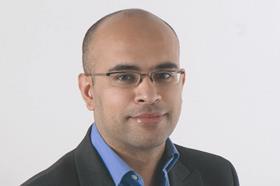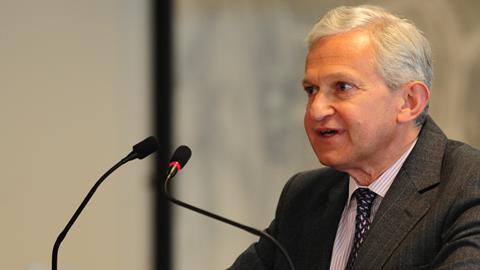I previously discussed the landmark case of Lomax v Lomax [2019] EWCA Civ 1467, in which the Court of Appeal confirmed that the courts could, as part of their case management powers under Civil Procedure Rule 3.1(2)(m), order the parties to engage with judicial early neutral evaluation (JENE).

My observation that the reasoning in Lomax could extend to apply to mediation orders was echoed in the decision in McParland & Partners Limited & Anor v Whitehead [2020] EWHC 298 (Ch). Chancellor of the High Court Sir Geoffrey Vos recommended early neutral evaluation (ENE) to the parties and in doing so he explained to them that Lomax ‘inevitably raised the question of whether the court might also require parties to engage in mediation despite the decision in Halsey’.
JENE received further attention in the recent case of Telecom Centre (UK) Limited v Thomas Sanderson Limited [2020] EWHC 368 (QB), in which Master McCloud provided valuable guidance on the procedure for conducting JENE in the Queen’s Bench Division (QBD).
The parties to a breach of contract claim agreed to refer their dispute to JENE on the master’s recommendations. The master identified the key issues in dispute for the JENE and took the opportunity to provide an account of the nature of JENE and the procedure to be followed in the QBD.
JENE – nature and procedure
- It is a procedure which involves a judge expressing an opinion (both positive and negative) about a dispute or parts of it.
- The process to be adopted for JENE is not stated in the CPR and it is intended that the approach can be tailored to the needs of any given case.
- It is useful where the resolution of some key issues would encourage settlement of the whole or parts of the case.
- It is a confidential process and therefore the judge dealing with the ENE will not (absent agreement) try the case or deal with contentious applications.
- In the QBD it would be for the judge to decide the form and degree of informality or formality of the opinion given, and to consider an appropriate time estimate which may well be more than half a day depending on complexity and substance in a QB case.
- The outcome of JENE is normally ‘without prejudice’ and is normally not binding unless the parties agree.
- The papers considered at the ENE will be returned to the parties at the end and not retained in the court file so as to ensure that subsequent judges or the public will not access them.
Sample JENE order
The master set out the following generic version of a JENE order that could be adapted to suit other cases proceedings in the QBD:
Draft order for ENE – QB masters
1. The parties shall exchange [skeleton arguments/written submissions] [no longer than xxx pages] by no later than 4pm on [ ].
2. The parties shall [serve upon/indicate to] each other the written evidence upon which they wish to rely for the purposes of ENE by 4pm on [ ].
3. The parties shall agree a core bundle of documents for the Master which shall be lodged by 4pm on [ ].
4. [The ENE appointment shall take place [in private] at… on… before Master… with a time estimate of …].
5. The non-binding opinion of the judge hearing the ENE will be provided in such form as the judge decides and may be given orally, or in writing, and with such degree of formality or informality as s/he decides. The opinion may be given issue by issue or as a whole. The opinion shall be without prejudice to the claim and the opinion shall remain confidential to the parties.
6. After the ENE is concluded the papers relating to it shall be removed by the parties and shall be confidential unless the parties agree otherwise. No non-party shall be entitled to obtain a transcript of the hearing.
7. The judge shall (unless agreed by the parties) thereafter have no further involvement with the case.
The recent judicial focus on JENE has increased its prominence within the civil court process and, with Master McCloud’s valuable guidance, there is likely to be greater use of JENE within the QBD.
Masood Ahmed is an associate professor at the University of Leicester and a member of the Civil Procedure Rule Committee
































No comments yet